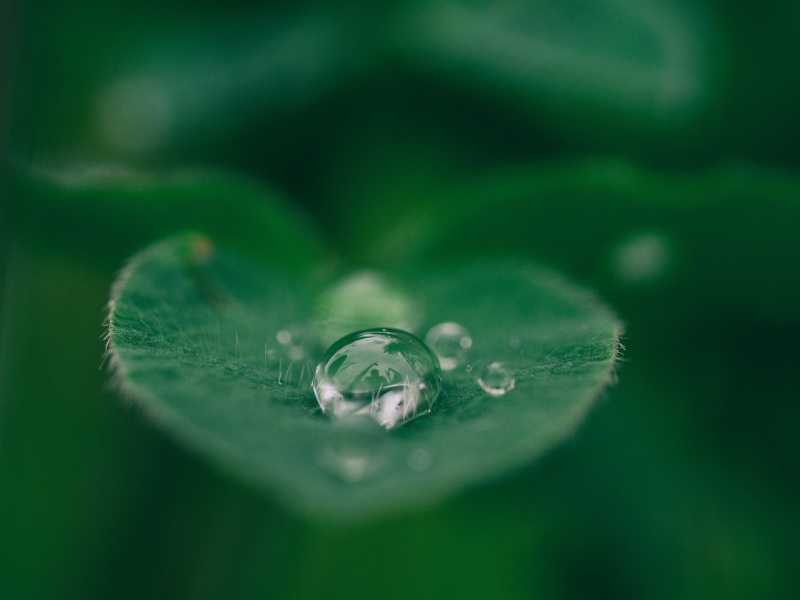Cut to the present, and I am once again reduced to raw awe at the words of an unlikely guru. Comedian Russell Brand’s book Recovery: Freedom from Our Addictions is dropping painful truth bombs right and left about the person I need to become. I’m a stay-at-home-mom with a quiet, “good girl” life. Brand has partied hard in every way imaginable amid fame and fortune. Yet in the pages of his book, in equal parts poetry and f-bombs, he speaks a truth about addiction recovery that aches with familiarity.
“Do you have a sense that something is missing? A feeling in your gut that you’re not good enough? That if you tick off some action, whether it’s eating a Twix, buying some shoes, smoking a joint or getting a good job, you will feel better?” Yes. My goodness, yes. Well, maybe not the joint. But I hear you.


What if owning something, being something, substituting something—anything—for real, human connection is our fix? What happens when we believe we can heal our loneliness and unspoken frustrations with a new pair of espadrilles or the perfect number of Facebook “likes”? We’re may not ever know the beauty of addiction recovery because we keep our addictions socially acceptable. We move them around when one habit becomes problematic. We “manage” them. (And let’s face it: we may not be “managing” as well as we’d like to believe.) And as easy as it is to avoid recovery (because make no mistake, addiction recovery is a lot of hard work) and continue a life of half-asleep, low-level misery, taking the 12 steps will invite a peace and self-awareness we’ve never known before.
Below are just six life-changing benefits born from the steps of addiction recovery:
A Tribe
In addiction recovery programs, you’ll meet others just like yourself. There’s comfort in learning you aren’t the only person on this planet who’s thinly covering their despair with some dead-end behavior. In the fellowship of a 12-step program, you’ll realize that you’re not alone and you’re not a weirdo. You can be real in your tribe.
Radical Honesty
That sense of solidarity among your tribe is born from the honesty in addiction recovery groups. We live in a world where we hide behind our smiling Instagram photos. “Fine” is the only acceptable response to a passing “How are you?” Even when we’re not fine. We’re still reeling from the shocking suicides of two vibrant Americans–Kate Spade, with her sunny designs, and Anthony Bourdain, with his infectious enthusiasm for food. Behind our outward perfection often lurks a painful desperation.
In addiction recovery you don’t have to pretend like you’ve got it together. Fellow addicts are honest about their secret struggles, sometimes surprisingly so. And it’s refreshing. It’s liberating to be accepted for who you really are, and to love and accept others in their raw, authentic forms too.
Your Higher Power
In an addiction recovery program, we recognize that “a power greater than ourselves could restore us to sanity.” Our Higher Power is fundamental to the principles of recovery. My Higher Power happen to be the Judeo-Christian God and Jesus Christ. But even atheists (like Brand) can practice the 12 steps. A belief in a Higher Power simply means that you recognize a power or force greater than yourself in the universe. It may sound counterintuitive to acknowledge dependence on a Higher Power in a world that prizes independence. But that knowledge can both humble you (no, you aren’t the center of the universe) and comfort you (you can trust your Higher Power to take care of you when you can’t take care of yourself).
Surrender
Surrender is understanding that you can’t make life go the way you want it to. You can’t control outcomes. You can’t control other people’s responses to you. In the wisdom of Frozen’s Elsa, surrender is learning to “let it go.” Of course it’s scary to relinquish control. But that control was always an illusion to begin with. Learning to accept life’s continual uncertainties is the path to healthy serenity.
Self-examination
You write a lot in 12-step. Depending on your addiction recovery program, you may have to complete writing tasks and inventories on most or all of the 12 steps. Your program may advise daily journaling as part of your recovery. But don’t freak out if you hated English class. Your work won’t be graded for grammar, spelling, or even flare. Writing in twelve-step is all about discovering yourself. You’ll be astonished to find out at least a few reasons why you’ve made choices you aren’t proud of.
Serenity
The ultimate promise of addiction recovery is “a lifetime of sane and happy usefulness.” You could call it peace, joy, gratitude, serenity, turning toward what really matters. However you name it, serenity begets self-compassion, kindness for others, and owning your own junk. Serenity becomes your baseline, regardless of life circumstances or how others treat you. Once you’ve found serenity, no one can take it from you.
The gifts of addiction recovery are out there for the taking. You don’t have to wait until your life is falling apart to find them. We could all benefit from the twelve steps in our distracted, disconnected world.
Are you looking for addiction recovery help? We can help you find the right 12-step meeting for you, in addition to offering personalized counseling by licensed professionals who are experts in recovery. Take a look at our therapists to choose the right one for you.
By Wendy Morkel, MA
Sela Health Editorial Contributor
